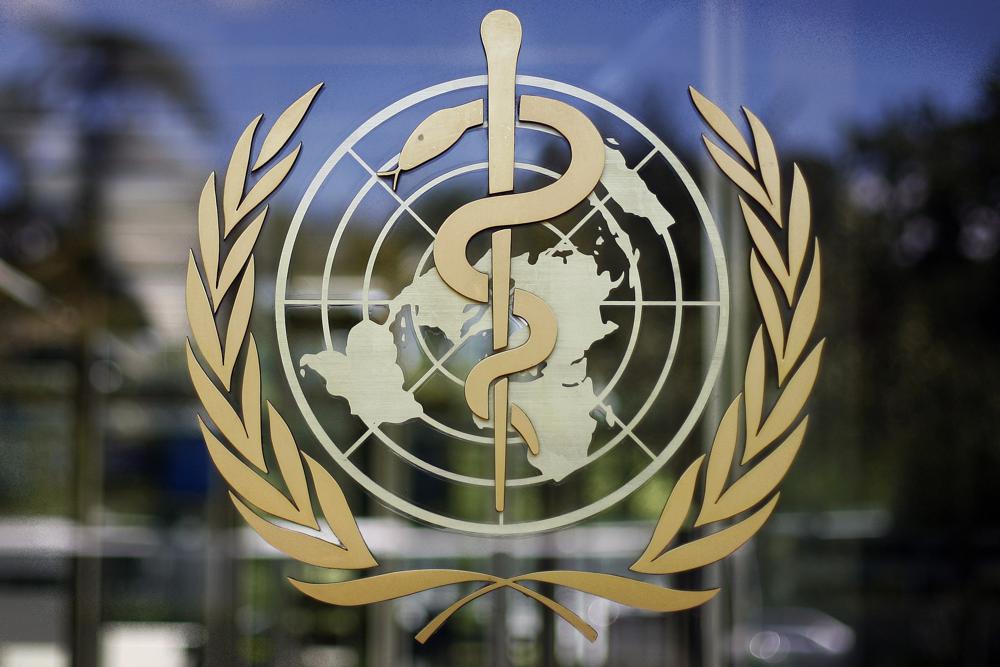MCW researcher to investigate diabetic heart susceptibility to cardiac sensitivity
The Medical College of Wisconsin (MCW) has received a five-year, $9 million grant from the National Institutes of Health’s National Institute of General Medical Sciences to investigate the mechanisms responsible for the susceptibility of diabetic hearts to cardiac injury.
Zeljko Bosnjak, Ph.D., professor of anesthesiology andphysiology and vice chairman for research in the department of anesthesiology at MCW, is the primary investigator of the grant.
Diabetes mellitus type 2, or type 2 diabetes (T2D), is a metabolic disorder characterized by insulin resistance. Bodies with T2D are unable to utilize the necessary insulin to allowglucose into the body’s cells. This glucose build up in the blood instead of the cells causes the body to not function properly.T2D occurs in eight percent of the U.S. population, affecting 26million individuals. The prevalence of this disease is expected to increase by over 200 percent in the coming decades.
Research has indicated that those with T2D are more susceptible to the ischemia-reperfusion injury, which is damage to the heart caused when blood supply returns to the tissue after a period of oxygen deficiency. This injury often manifests indiabetic patients undergoing anesthesia during surgery and poses serious health issues. However, it is unknown why diabetic patients lack cardioprotection (the heart’s ability to prevent this injury) during surgery.
In this project, Dr. Bosnjak along with MCW colleaguesMingyu Liang, Ph.D., professor of physiology; Ranjan Dash,Ph.D., associate professor of physiology; Amadou Camara ,Ph.D., professor of anesthesiology; and Stephen Duncan,D.Phil., the Marcus Professor of Human and Molecular Genetics, director of the MCW Program in Regenerative Medicine and Stem Biology and vice chairman of cell biology, neurobiology and anatomy; will test the ability of diabetic animals and patient-derived cardiac cells to be protected against ischemia-reperfusion injury. The researchers will assess the role of cellular and environmental factors responsible for greater cardiac sensitivity in patients with diabetes. Ultimately, the research will go toward the development of novel cardioprotective therapies for the diabetic heart.
MCW researcher to investigate diabetic heart susceptibility to cardiac sensitivity




